A bright-eyed 12-year-old, Benjamin Mullins loves to catch frogs in his rural backyard, play Fortnite and walk his beloved dog, Sarah.
He’s a collector of all things tech, too, proudly showing off a shoebox full of orphaned cell phones.
You’d probably never guess that Ben has Type 1 diabetes.
On his upper arm, he has a discreet pump that delivers insulin and a continuous glucose monitor that allows his mom, Beth, to monitor his blood sugar levels using an iPhone app.
They had it down to a science through elementary school. It helped that Beth worked as a paraprofessional in the same building at Greenville Public Schools.
But things changed when Ben entered middle school.
The first week went fine. Then Ben started stalling in the morning and arriving late. He would move slowly between classes and take longer to get ready for gym. He complained of stomachaches and missed school. He avoided the cafeteria and skipped lunch, causing his blood sugar levels to plummet.
On the surface, it looked like Ben might be having a tough time adjusting to a larger school and being away from his mom.
But Beth thought otherwise.
“I knew something else was going on,” she said.
That’s when the Spectrum Health school nurse who had worked with Ben since elementary school reached out to her.
“She shared with me that she saw signs of autism,” Beth said.
Beth made an appointment with a local clinic for an assessment. The school nurse helped the family apply for a grant through Greenville Public Schools to help cover the cost.
Beth and the school nurse’s suspicions were confirmed when Ben was diagnosed with autism and anxiety.
“Sometimes we feel like we’re detectives,” said Anna Ingersoll, nurse manager of the Spectrum Health School Health Program. “We have to build that rapport before we can understand what the true concern is.”
Once Ben was diagnosed, he received helpful accommodations: more time between classes to avoid the crowded hallway, for example, and the ability to eat lunch in a designated quiet area.
“We were able to wrap services around him so that he could thrive in the building he was in,” Ingersoll said. “That is why a school nurse is needed in every district.”
Helping kids learn
Ben’s experience is an example of the critical role school nurses play in helping children with chronic illnesses and other health conditions continue to learn with their peers, Ingersoll said.
Greenville Public Schools is one of 27 school districts across 10 counties in West Michigan served by 40 nurses in the Spectrum Health School Health Program.
The goal is to reduce chronic absenteeism and improve graduation rates by helping provide a safe learning environment for kids with chronic illness and acute needs, including diabetes, seizures, cancer, anaphylaxis and asthma.
“If you can say it, there is a student out there with it,” Ingersoll said. “We want to do everything we can so that they can continue to learn with their peers.”
Even before the diagnosis, the school nurse took Ben under her wing and arranged for him to have a quiet place to eat. She worked closely with his mom to manage his diabetes.
With help from the nurse and school counselor Joshua Jackson, the family applied for the district’s Opportunities for Success program.
Greenville Public Schools superintendent Linda Van Houten, who retired Aug. 31, started the program when she served as the district’s student services director in 1995.
The fund can be used for “whatever would help make kids successful—the point being removing barriers to learning,” Van Houten said.
Grants have helped cover medical appointments, medication, counseling, even school supplies.
“Once I bought a hot plate for a family,” she said.
Van Houten knew Ben struggled in school.
“The nurse and the social worker kept coming to me saying, ‘There’s something else going on,’” she said.
Testing helped get at the root of his challenges.
As a result, everyone on his team—family members, school employees, the school nurse and others—had a richer understanding of his needs.
“They won’t assume what is going on with him,” Van Houten said. “They will understand there is something deeper that is impacting his behavior.”
She praised the school nurse and social worker for being true champions for Ben.
‘Excited about school’
This fall, Ben began seventh grade. Knowing what to expect—and knowing that accommodations would be in place—has been a relief to both him and his mom.
“I used to worry about going to school,” Ben said. “I used to be nervous, but now I’m a little excited about school.”
His experience underlines the impact nurses can have in a school setting, Jackson said.
“It made it so teachers could really focus on the academic side with Ben,” he said.
School nurses can assess a situation and coordinate efforts with teachers, parents and health professionals, Ingersoll said.
“It goes back to: How do we create the safest learning environment for the student to thrive while still managing their medical needs?” Ingersoll said. “We need to let teachers do their job by doing our job.”
Beth and Ben remain grateful they were able to connect with the school nurse program.
“It was so good that there was someone in the building on my side,” Beth said. “That she understood him.”
Her advice to other parents? Be persistent.
“Fight for your child,” she said. “If you feel there is something different or just not quite right, do the testing.”

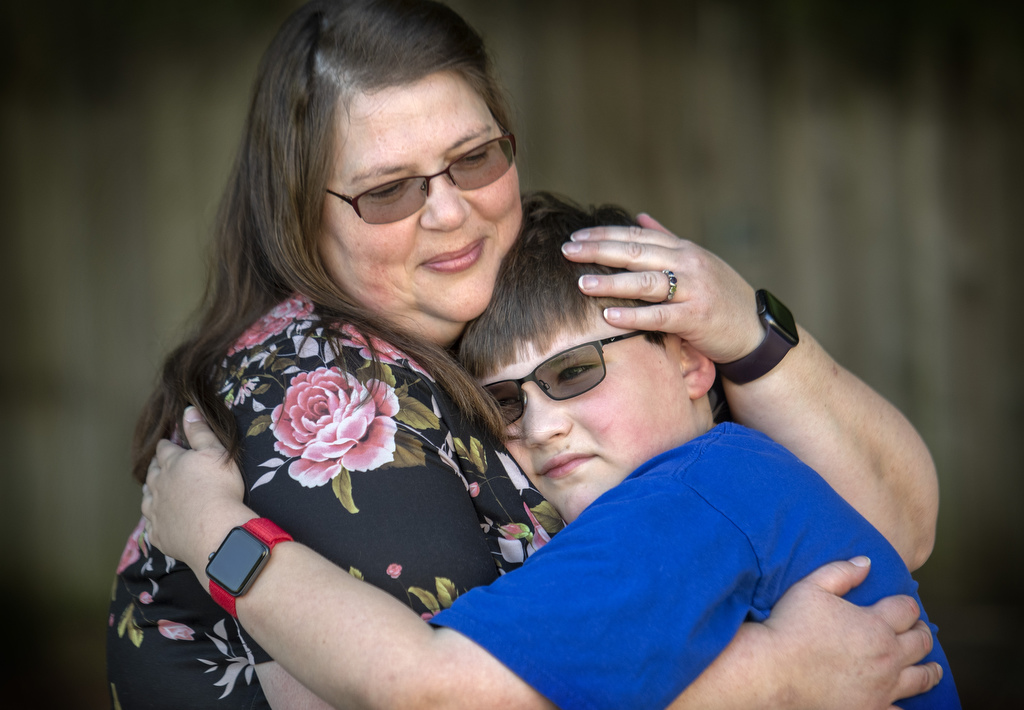
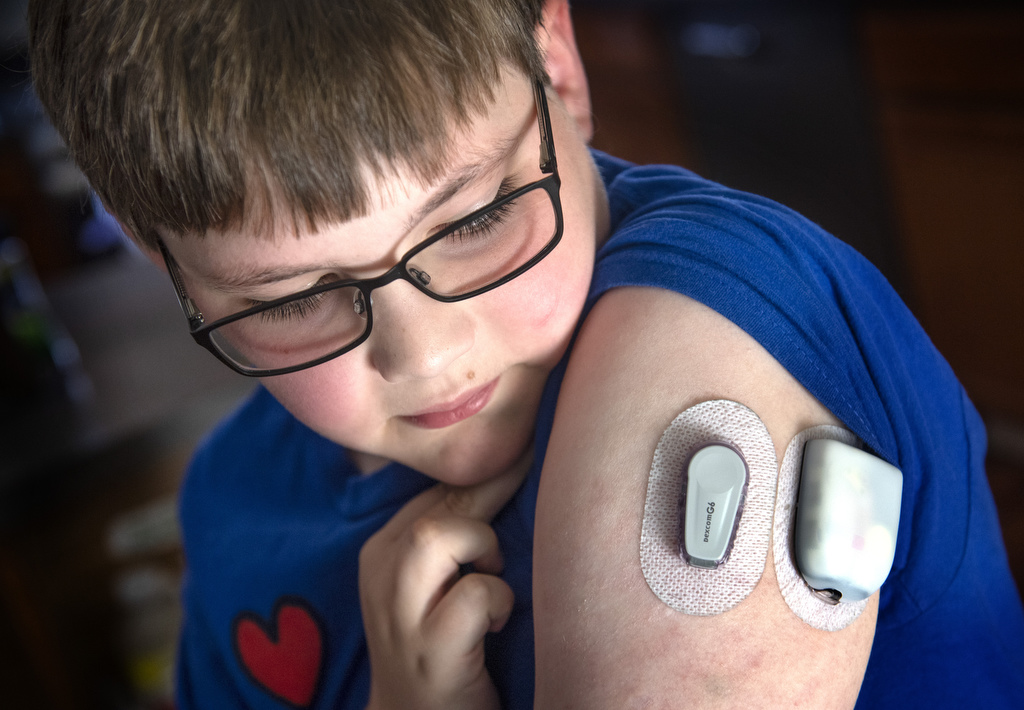
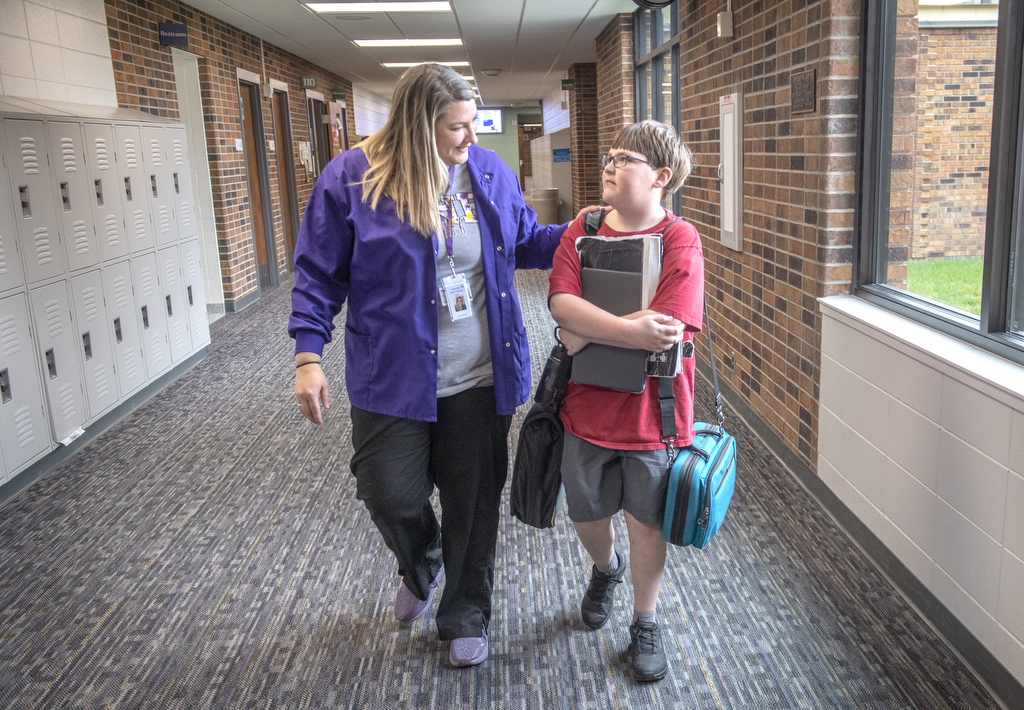
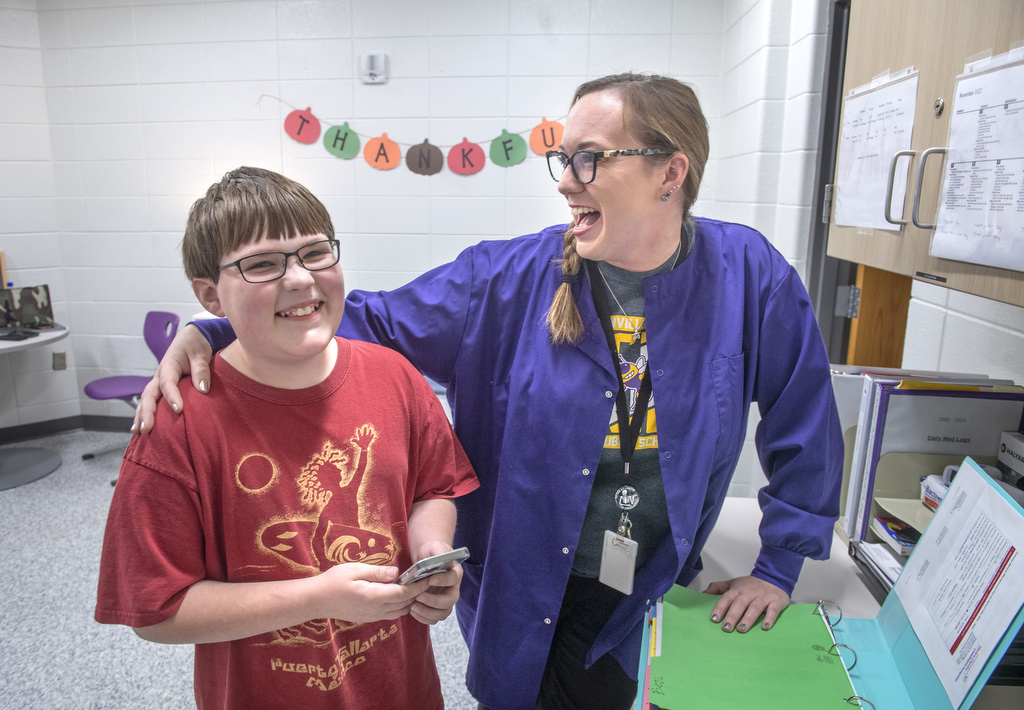



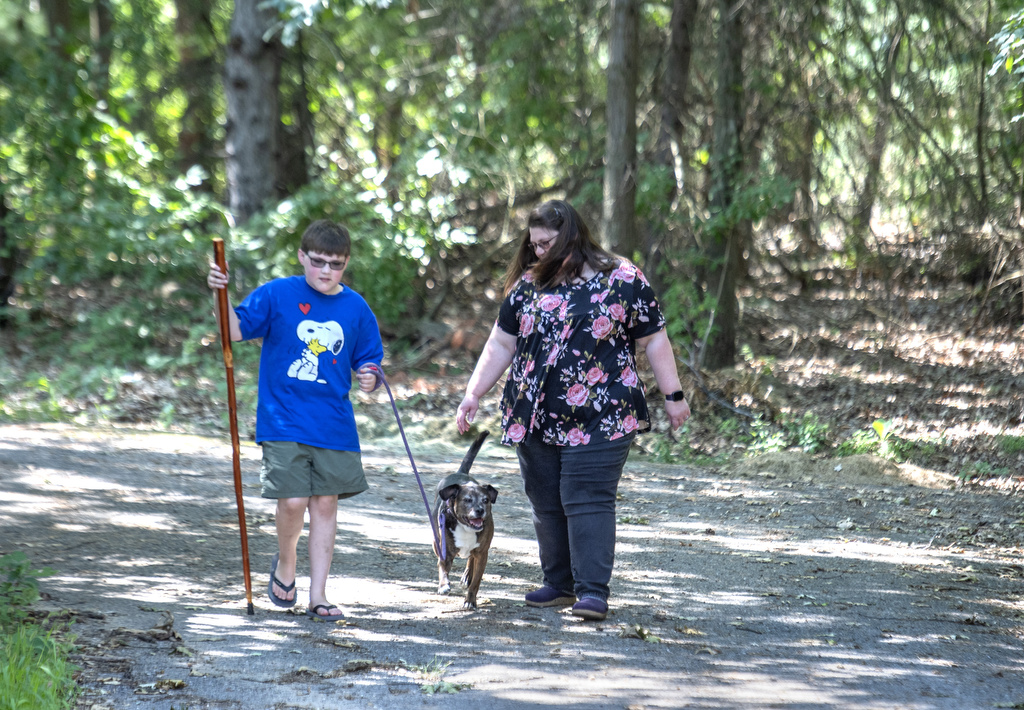



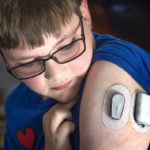
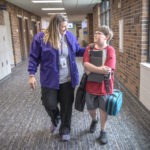






 /a>
/a>
 /a>
/a>
 /a>
/a>